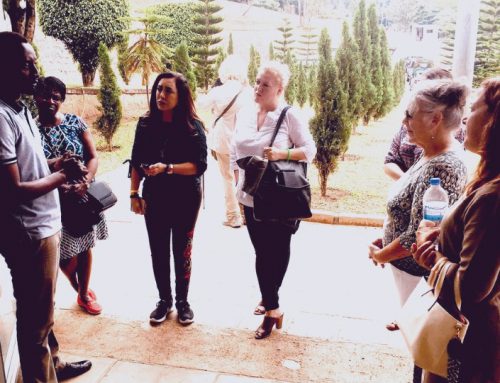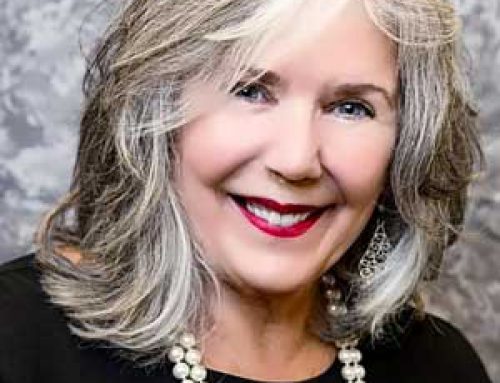Whether we’re talking about a table-setting or a handshake, the rituals of etiquette have long held value. And from 2500 B.C. with the first known manners guide the Instructions of Ptahhotep, people have understood that the technical aspects of courtesy; how you hold your fork, or whether you even use one, if you leave your hat on, what you serve for dinner, etc, aren’t really the issue. Recognizing that manners are really about extending a small gesture of respect, about indicating an interest in others, about getting by in the world in a way that shows care and consideration for oneself and for others- that is the issue.
When it comes to modern manners most of us know that how you extend an invitation is not always as important as extending it. Deep down we realize that having the whole family sit at the table for dinner isn’t so much about “acting civilized” as it is about choosing to take time to be together, to laugh, tell stories, to connect in some small way.
Inviting guests over and making them feel welcome is a way of opening your heart, not just your front door, it’s a way of letting people know that you are interested in sharing with them; food, the comforts of home, and maybe some conversation. Looking someone in the eye and extending a handshake tells him or her that you choose to take a minute out of a busy, tired, stressful day to show another human being that they have value.
Traditions are important too. They connect us with our family and friends in a very personal way. Maybe it’s baking a cake with your daughter every Sunday. Maybe it’s packing some shortbread and hot chocolate and tromping through the tree farm to find the perfect pine for the holidays. And it might even be eating pizza out of the box every Friday night. What you do is not what matters, how you do it – indulging in the moment and making an effort, and that you do it at all, that is what means something.





